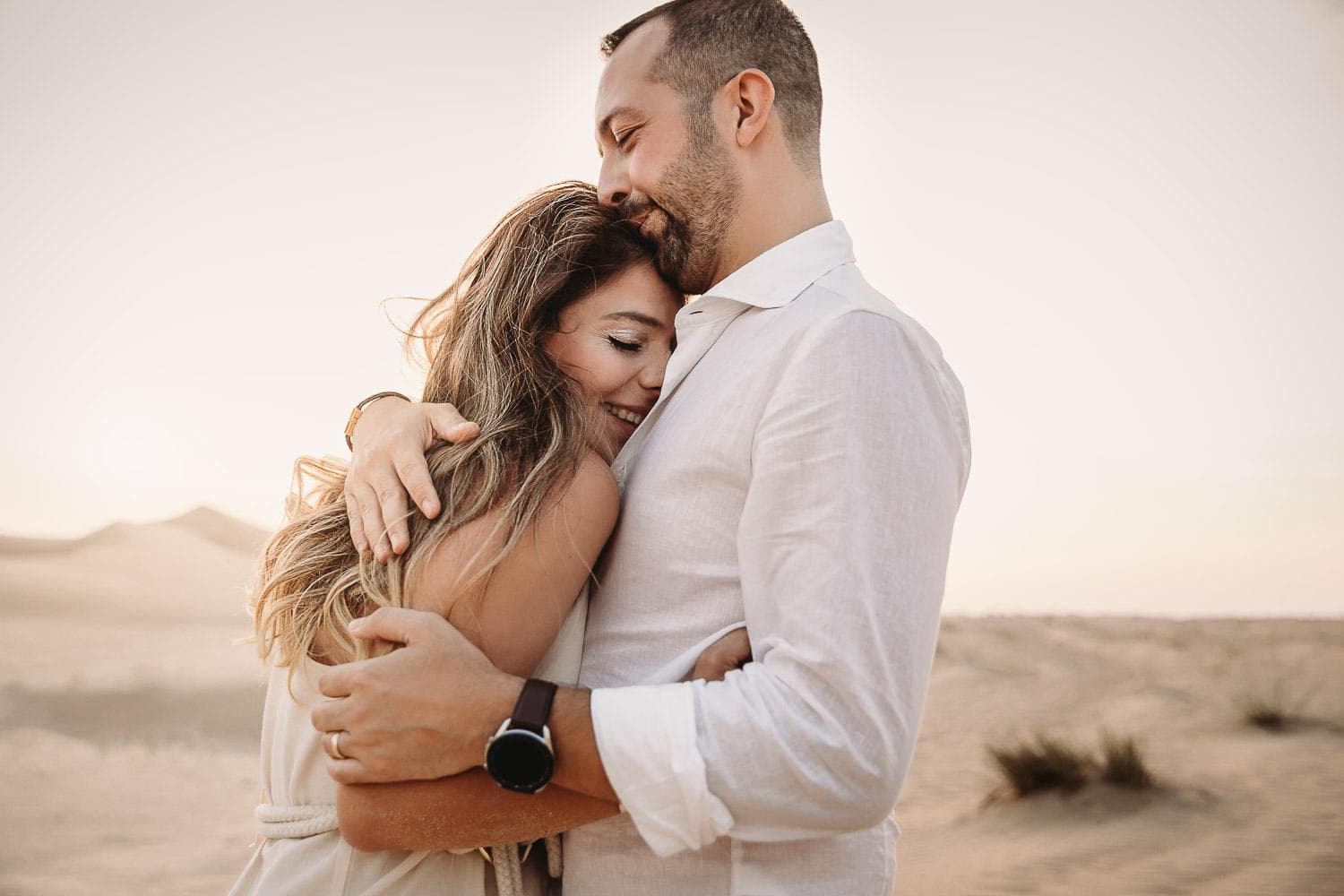The Health Crisis We're Ignoring
Why relationships matter more than you think.


When you think about health, what comes to mind?
Eating right, hitting the gym, maybe mindfulness or sleep?
What if I told you that none of those might be as critical as the quality of your relationships?
Yes, our relationships impact our health more deeply than we realize. Yet, when was the last time you saw a public health campaign encouraging you to build better connections?
It's not a small oversight — it's a massive blind spot.
Yet, relational health barely makes it into the public health conversation. We hear endlessly about diet, exercise, and stress management, but what about the health of our relationships?
Isn't it often a person we turn to, not just our habits, when life feels hard, stressful, or isolating? Truth is, we're wired to connect, and when we don't, it harms us.
Most of us intuitively get that relationships matter. How many times have you felt the toll of a strained relationship on your mood, sleep, or energy?
The Cost of Disconnection
Despite living in a hyper-connected world, people today feel lonelier, more isolated, and — ironically — less connected than ever. We have dating apps, social media, endless ways to "connect," yet struggle to build relationships with the depth and resilience we need.
And this isolation has a price tag on our health. We're stressed, we're anxious, and we're sick — not just from diet and lifestyle, but from disconnection.
If we were serious about health, we'd put relationships at the center of it. We'd teach people early on how to build and sustain deep connections and why it matters to their bodies, minds and spirits.
From Insight to Intimacy
One of the most powerful insights into relational health comes from Dr. John Gottman's work. He discovered the "magic ratio" in relationships — a balance of five positive interactions for every negative one is a key predictor of longevity and satisfaction in couples (with a whopping 96% accuracy).
But this ratio isn't just about creating good moments. It's about navigating the tough ones in ways that deepen, rather than strain, our bonds.
In other words, conflict isn't the enemy; it's about how we handle it. Healthy relationships aren't void of friction — they're using it to build better understanding.
Our app, Swooni, takes this science and makes it accessible.
It gives couples a way to see their relationship's health over time. Logging and reflecting on both the good and tough moments creates a snapshot of where they stand, helping them course-correct before small issues escalate into big ones.
Because as most of us know deep down: long-term relationships don't thrive on occasional grand gestures — they thrive on the daily, often quiet, ways we show up and care for each other.
Building a Better World
The ripple effect of relational health is immense.
When people thrive in their relationships, they experience lower stress, greater mental well-being, and improved physical health. These benefits extend beyond the couples — creating more resilient families, successful workplaces, and connected communities.
Imagine if relational health — skills like empathy, conflict resolution, nervous system regulation, and deep listening — were prioritized and a core part of schooling, integrated into our work culture, and included in public health initiatives.
Relationships aren't just personal — they're the building blocks of society. Think about it, if two people who supposedly love each other can't get along over time, how on earth do we expect whole countries to work together towards regenerative ways, global peace and equality?
Reimagining Public Health
It's time to start seeing relational health as essential to public health. Did you know that couples in healthy relationships live 15–17 years longer than those without them? The stakes couldn't be higher.
If we care about tackling the loneliness epidemic, the mental health crisis, even chronic disease, we can't afford to ignore this. Investing in relational health isn't a "nice-to-have" — it's critical.
The Call to Action
Imagine a world where building secure relationships was a core part of what it means to live healthily. A world where doctors, teachers, and policy-makers didn't just talk about diet and exercise but about the necessity of human connection.
This is where you come in: whether you're a health advocate, a policy-maker, a partner, or someone just looking to make life better for yourself and others, you can help redefine what health means.
Let's stop treating relationships as an afterthought and start seeing them for what they are: the foundation for a healthier, happier, and more humane world.
If we want a future where people don't just live longer but live better — more connected to ourselves, each other, and the planet — let's make relational health the bedrock of public health.
It starts with each of us, recognizing that relationships aren't a luxury; they're a lifeline.